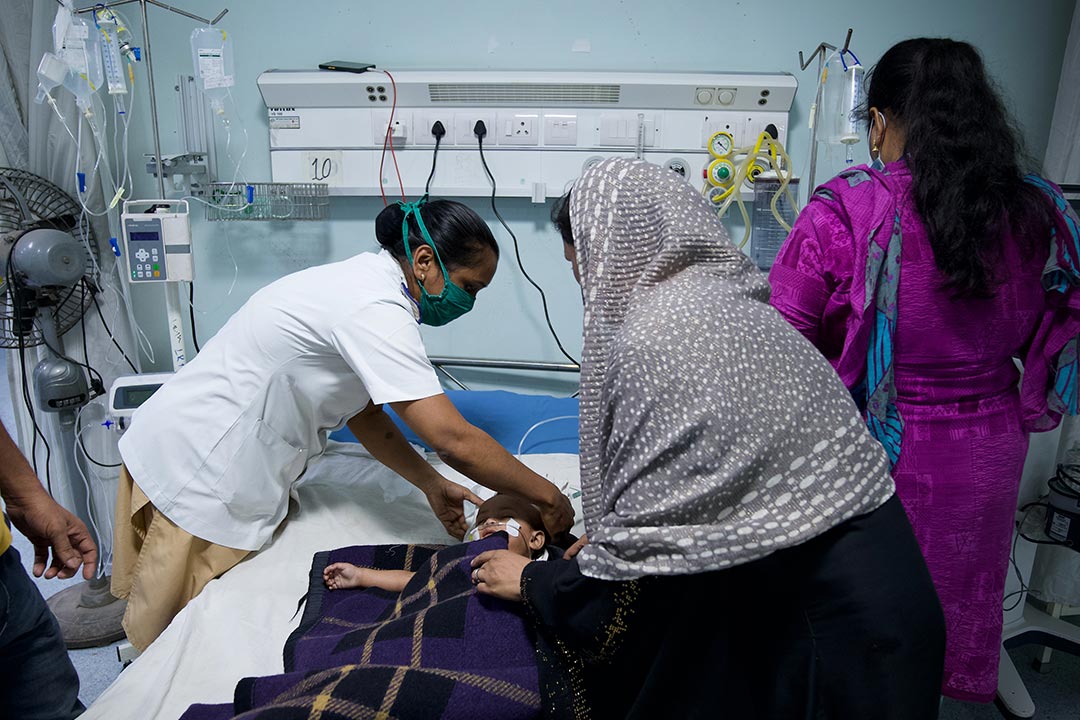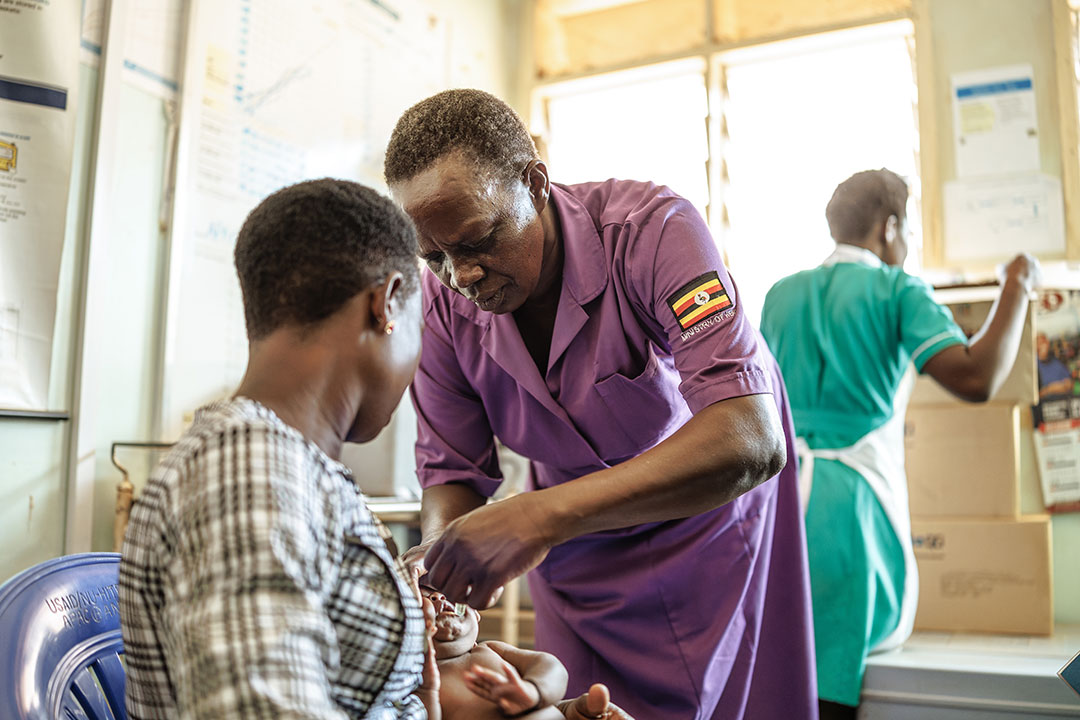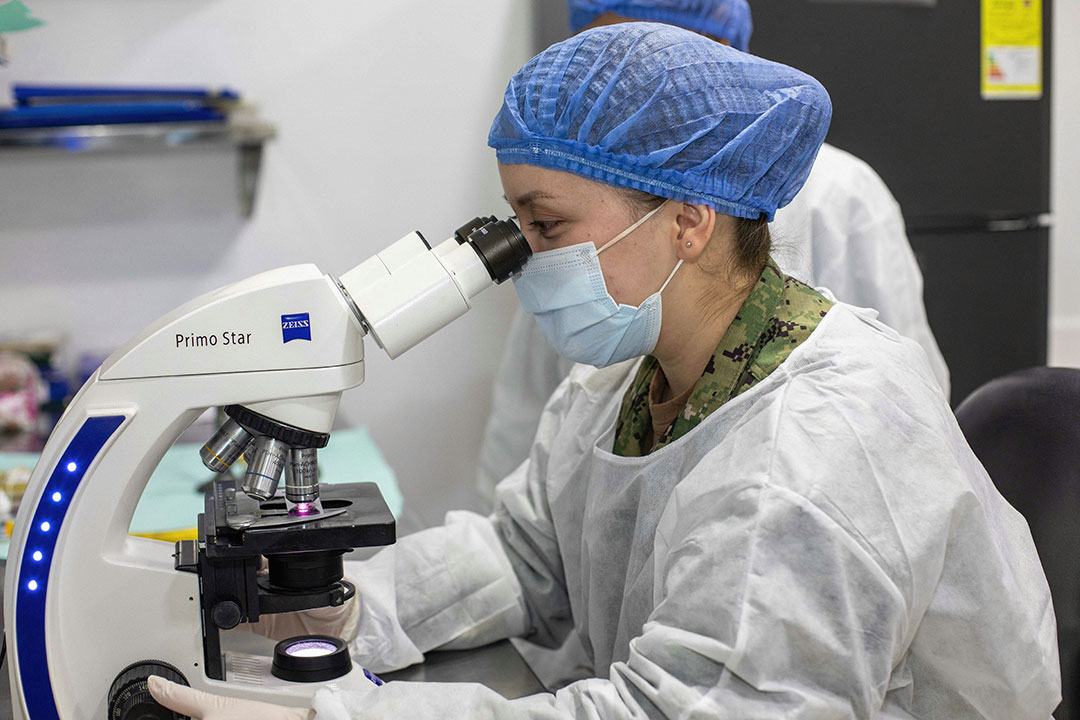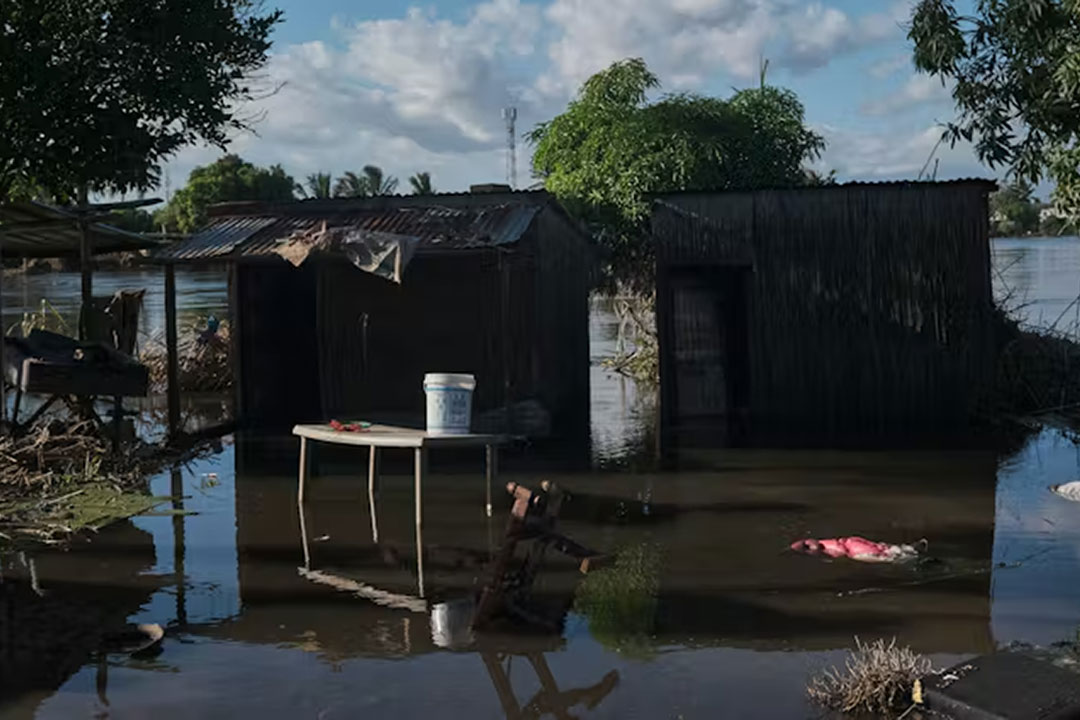Why is the Global Vaccine Summit so important?
The pandemic will only strengthen our commitment to vaccinate vulnerable communities. On 4 June 2020 Gavi will hold its third donor pledging conference online with the aim to raise vital funds for the next five years.
- 1 June 2020
- 3 min read
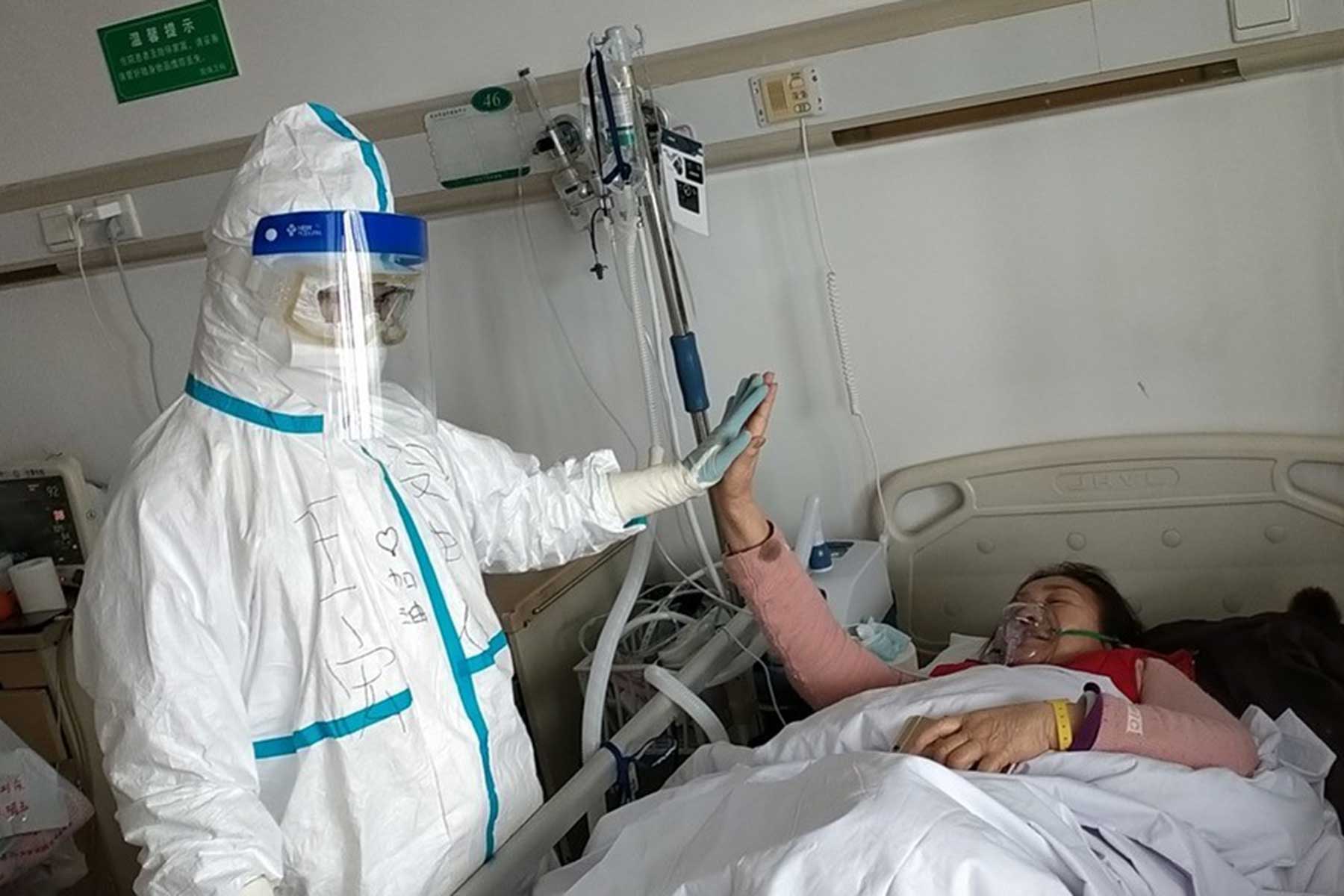
Gavi helps vaccinate almost half of the world’s children against infectious diseases. Since 2000 it has protected more than 760 million children in the world’s poorest countries, preventing more than 13 million deaths. But as the world confronts a new health crisis, it is more important than ever that its work doesn’t stop there. The next generation of children must be protected and there are still hard-to-reach populations who are still not receiving any routine vaccinations.
Hosted by the UK government, the Global Vaccine Summit, Gavi’s third pledging conference, follows the successful Berlin summit in January 2015. The goal of the event is to shore up funding for the next five years, to enable Gavi to reach an additional 300 million children by 2025, which will save a further 7-8 million more lives. New challenges and a changing global health landscape will make these ambitious goals more challenging than ever before. At the same time, in the face of COVID-19, low- and middle-income countries have never been more in need of support. So given difficulties and dangers of holding an event during a pandemic, to avoid the risk of spreading COVID-19 the event has been moved online.
On 4 June 2020, with more than 25 Heads of State attending and over 50 high-level representatives, from governments and the private sector, to implementing countries, civil society and Alliance partners, participants will assemble via Zoom to reach the remainder of our US$ 7.4 billion target. Pledges ahead of this now-virtual conference have already started coming in from around the world.
If successful, the funds raised will maintain Gavi’s core business, protecting the next generation with vaccines, consequently reducing disease inequality and creating a healthier, safer and more prosperous world. That event will also include a session aimed at raising funds to ensure that once COVID-19 vaccines have been developed, that access is universal.
SECURING PUBLIC HEALTH IS MORE IMPORTANT THAN EVER
The pandemic has made it clear that infectious disease knows no borders. Coming together, even via the internet, to renew commitments to help the most vulnerable people and secure global health has never been more relevant.
Crises operate with a ripple effect. As health systems across the world attempt to stop the spread of disease, immunisation services in low-income countries are suffering. This disruption means 80 million children will miss out on life-saving vaccines. The replenishment fund will be crucial to ensuring immunisation systems are sustained throughout the pandemic and beyond.
There are other risks on the horizon. Making vaccination available to populations under pressures caused by conflict, country fragility and migration is a challenge that will only be exacerbated by global trends like population growth, urbanisation and climate change. Every year 1.7 million deaths in children under five are linked to the environment, the majority due to respiratory infections such as pneumonia. Rising temperatures are likely to increase the prevalence of vector-borne diseases, such as malaria and yellow fever. The number of cases and geographic range of Japanese encephalitis and dengue fever are also likely to rise.
Improved access to vaccines has changed the lives of millions of people in low-income countries. But COVID-19 and its cascading implications threaten to widen the gap in life chances between the rich and the poor. The next five years are crucial in ensuring Gavi’s lasting progress.
